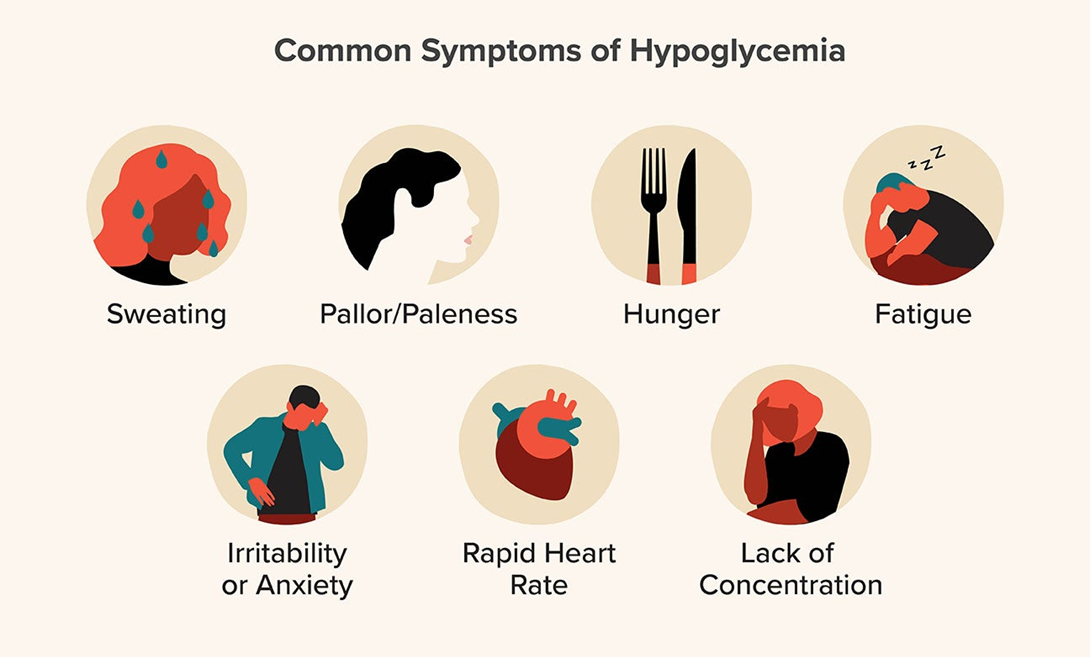A community health nurse observes the accumulation of garbage at a neighborhood playground. Which of the following actions should the nurse take first to promote a clean and safe environment?
Meet with community members to discuss methods of playground maintenance.
Partner with city officials and community members to improve the playground condition.
Work with local businesses to sponsor more trash receptacles in the playground.
Engage neighborhood families to monitor the playground for further trash buildup.
The Correct Answer is A
Choice A reason: The best first step for a community health nurse is to connect directly with the people who are most affected by the issue. Meeting with community members allows the nurse to assess their concerns, gather information on how the playground is currently used, and explore what resources and willingness the residents have to participate in solutions. This approach promotes community engagement, empowerment, and ownership of the issue, which are critical to ensuring that any interventions are both sustainable and culturally appropriate. Without this initial dialogue, actions taken may not address the true barriers or may fail to gain community support.
Choice B reason: Partnering with city officials and community members to improve the playground condition is not the first action that the nurse should take. This is a tertiary intervention that can help to restore the playground to its optimal state, but it does not address the immediate issue of the garbage accumulation.
Choice C reason: Working with local businesses to sponsor more trash receptacles in the playground is not the first action that the nurse should take. This is a secondary intervention that can help to prevent the recurrence of the problem, but it does not address the immediate issue of the garbage accumulation.
Choice D reason: Engaging families to monitor trash buildup in the playground focuses on surveillance and maintenance, but this step requires prior discussion and buy-in from the community. Asking families to monitor the site without first understanding their concerns, availability, and willingness could lead to resistance or lack of participation. This is a useful strategy after community dialogue has occurred but not as the first step.
Nursing Test Bank
Naxlex Comprehensive Predictor Exams
Related Questions
Correct Answer is D
Explanation
Choice A reason: Oliguria is not a condition that a nurse should expect in a client who has hypoglycemia. Oliguria is a reduced urine output, typically defined as less than 0.5 ml/kg/hour in an adult³. Oliguria can be a sign of dehydration, kidney failure, or urinary obstruction, but it is not related to low blood sugar levels.
Choice B reason: Diplopia is not a condition that a nurse should expect in a client who has hypoglycemia. Diplopia is a double vision, or seeing two images of a single object. Diplopia can be caused by various eye problems, such as strabismus, cataracts, or nerve damage, but it is not a common symptom of low blood sugar levels.
Choice C reason: Hypoglycemia is not a condition that a nurse should expect in a client who has hypoglycemia. Hypoglycemia is the condition itself, not a symptom. Hypoglycemia is a low blood sugar level, usually below 70 mg/dl. Hypoglycemia can result from taking too much insulin or other diabetes medications, skipping or delaying meals, exercising more than usual, or drinking alcohol.
Choice D reason: Dizziness is a condition that a nurse should expect in a client who has hypoglycemia. Dizziness is a feeling of lightheadedness, faintness, or unsteadiness. Dizziness can occur when the brain does not receive enough glucose, which is its main energy source. Dizziness can also be accompanied by other symptoms of hypoglycemia, such as confusion, hunger, sweating, shakiness, or weakness.

Correct Answer is A
Explanation
Choice A reason:This is a correct recommendation. The American Academy of Ophthalmology advises adults aged 40–64 to have a comprehensive eye exam every 2 years. Regular exams are essential to detect common age-related conditions like glaucoma, cataracts, and macular degeneration. After age 65, annual eye exams are often recommended.
Choice B reason: You should have your hearing screened every 10 years, not every 5 years, until the age of 50. After 50, you should have a hearing test every 3 years.
Choice C reason:While stool-based testing for colorectal cancer (such as FOBT or FIT) is recommended starting at age 45, it is typically done annually, not every other year. Other screening methods, like a colonoscopy, may have a longer interval but should follow guidelines tailored to the patient’s risk profile.
Choice D reason: You should have your fasting blood glucose level checked every 3 years, not every 6 years, starting at age 45. This is a screening test for diabetes, which can increase your risk of heart disease, stroke, kidney disease, and other complications. If you have a history of gestational diabetes, obesity, or other risk factors, you may need more frequent testing.
Whether you are a student looking to ace your exams or a practicing nurse seeking to enhance your expertise , our nursing education contents will empower you with the confidence and competence to make a difference in the lives of patients and become a respected leader in the healthcare field.
Visit Naxlex, invest in your future and unlock endless possibilities with our unparalleled nursing education contents today
Report Wrong Answer on the Current Question
Do you disagree with the answer? If yes, what is your expected answer? Explain.
Kindly be descriptive with the issue you are facing.
